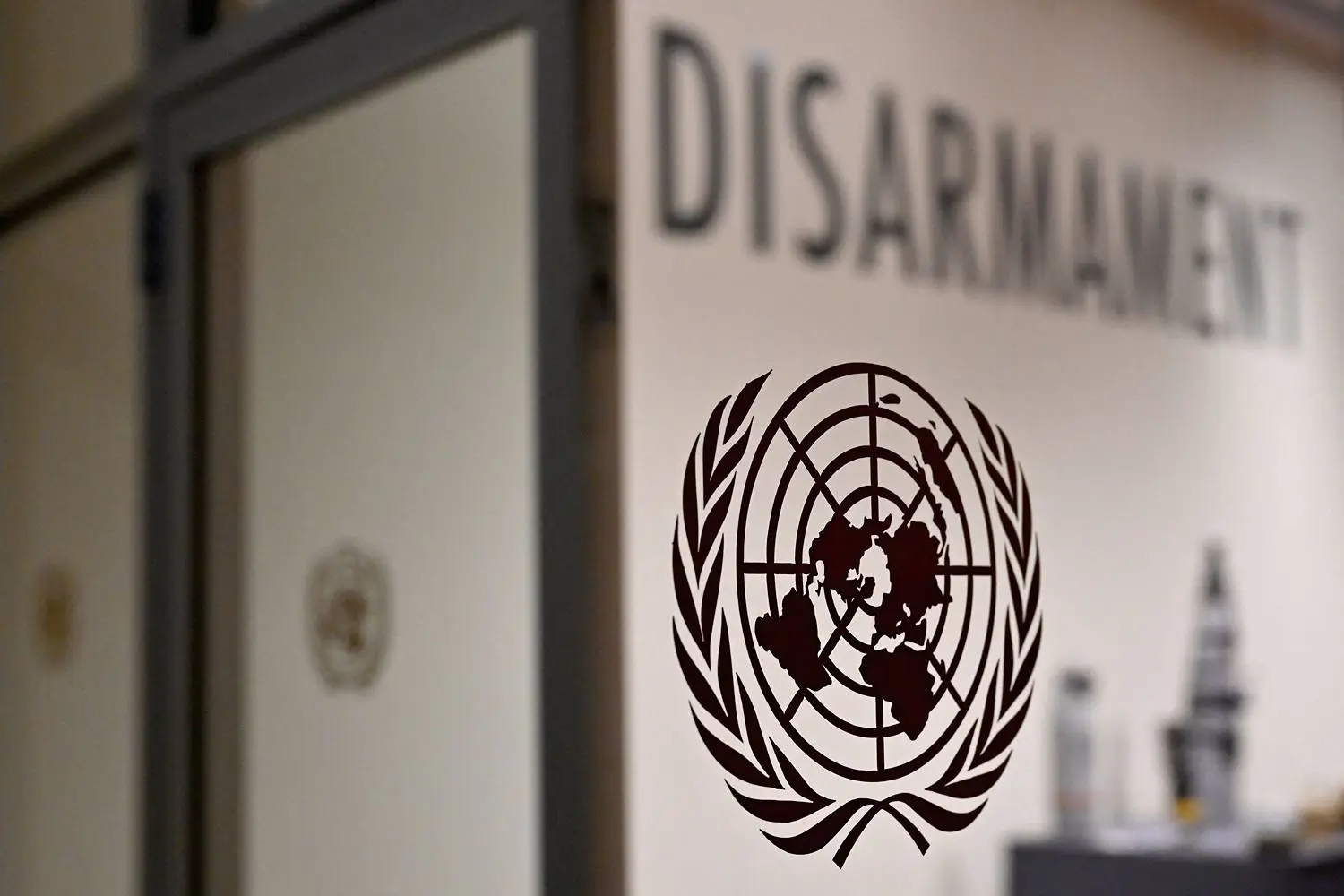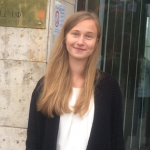Nothing New Under the Sun
Russia and the United States are obviously split on four issues regarding the zone. First, while Russia stresses the importance of convening the Conference, the U.S. considers recommendations on the Middle East contained in the 2010 RevCon Final Document (Helsinki mandate) no longer an appropriate basis for action. Second, the countries disagree on the role of the co-sponsors in the establishment of a zone. Third, Moscow and Washington have some differences regarding agenda: WMD issues or security concerns. Though Russia agrees that regional security should be addressed, this topic cannot be at the center of a dialogue. Finally, Moscow disagrees that the NPT review process is not the most suitable format to discuss the WMDFZ issue.
Artemenkova, Natalia S.
Member of PIR Alumni Community
The dangers of nuclear weapons in the Middle East are of special concern to the Member States of the NAM, who generally agree that Israel’s nuclear capability is an unacceptable threat to regional peace and stability. Their support for a Nuclear Weapons Free Zone (NWFZ) is focused almost entirely at Israel. Increasingly, Middle Eastern states are expressing interest in fortifying regional security, including guarding against the dangers brought by the spread of nuclear weapons. Accordingly, issue of establishment of the NWFZ in the Middle East has become extremely relevant regarding increasing both military and political activity of key actors in the region. Amid these developments, we would like to recall the chapter written by Ms. Natalia Artemenkova, Member of the PIR Alumni Community, entitled “Exchanges of Establishment of a Zone Free of Weapons of Mass Destruction in the Middle East”, which was first published in PIR Center’s collective monograph “Russia-U.S. Nuclear Nonproliferation Dialogue: Lessons Learned and Road Ahead” (2021).
Key words: International Security; Non-Proliferation; Middle East
NPT
F13/AST – 25/04/22



